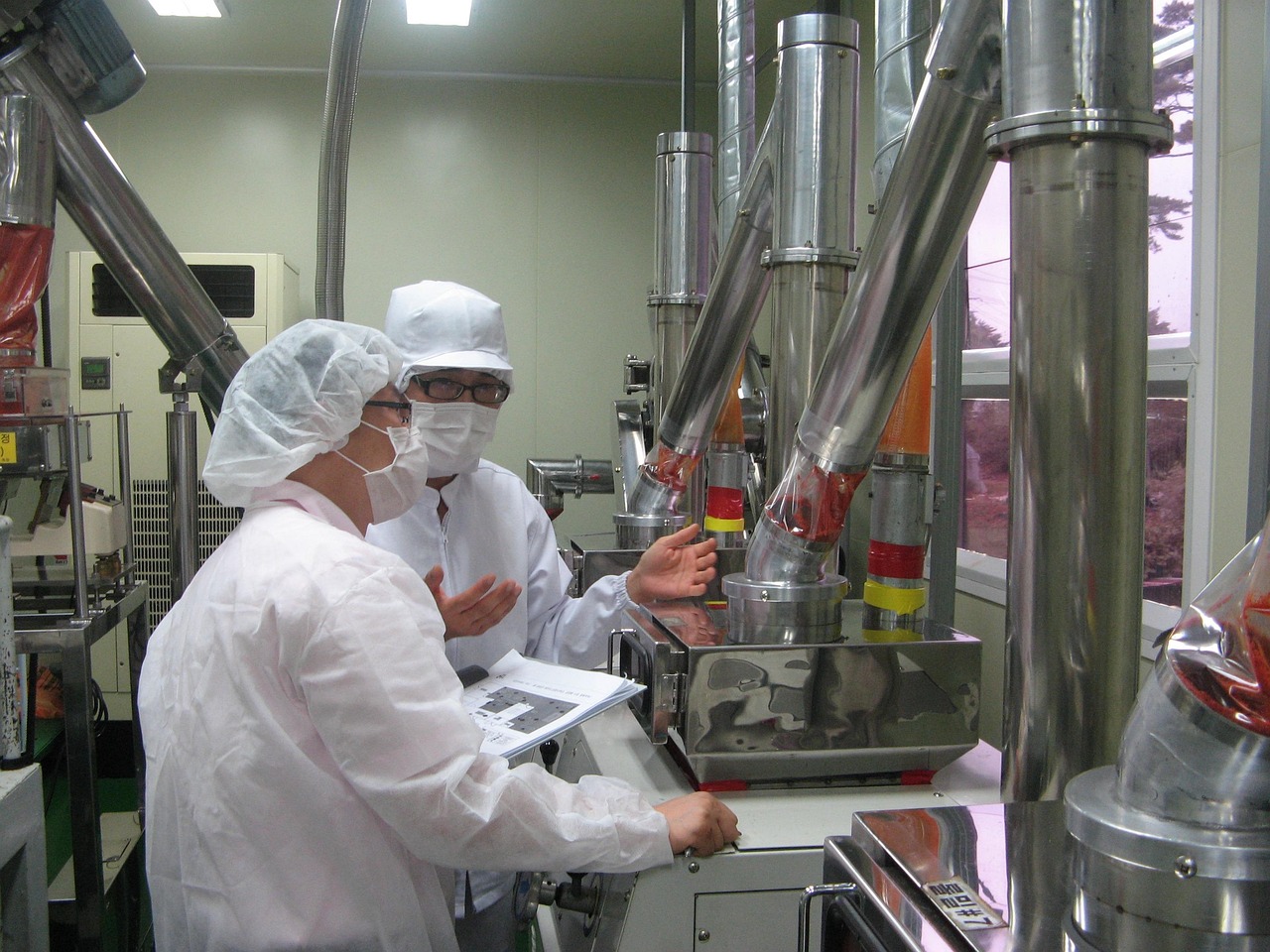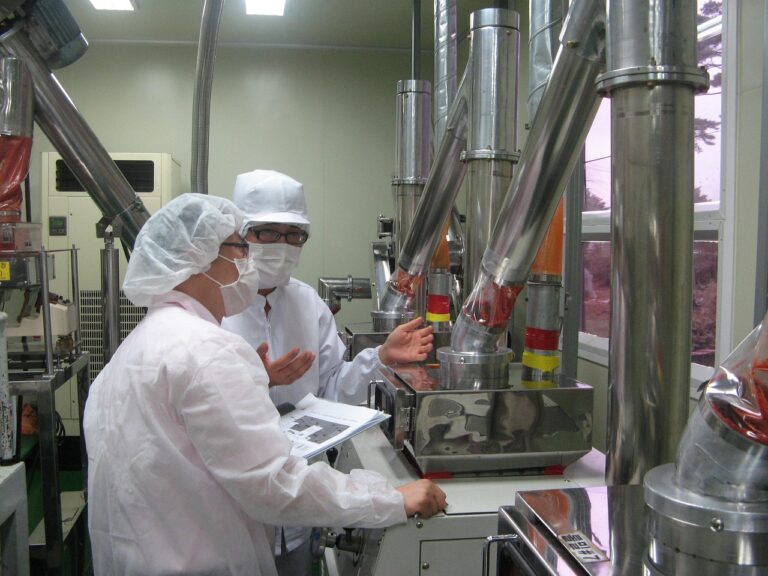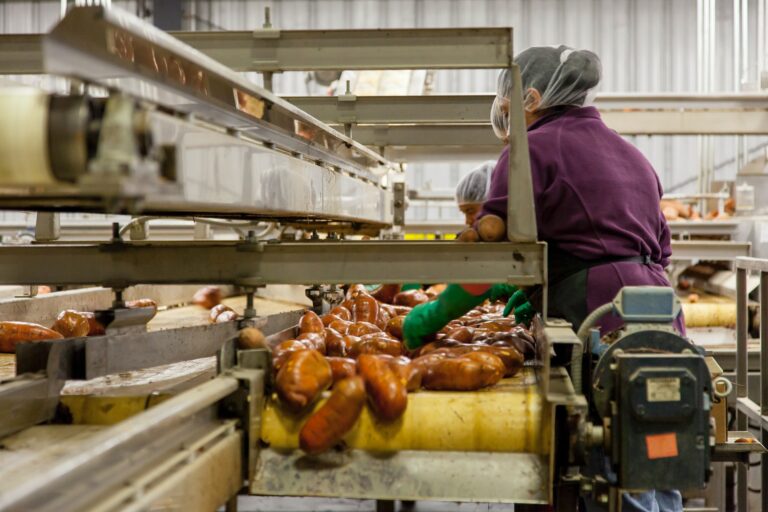Tag: food
How to Choose the Right Food Processing Equipment for Your Business
In the bustling world of food production, having the right equipment can make all the difference. Whether you’re running a small bakery or a large-scale processing plant, your choice of machinery sets the tone for efficiency and quality in your operations. Food processing equipment is not just about blending ingredients; it’s about enhancing productivity, ensuring safety, and meeting customer demands with precision. But how do you navigate this complex landscape? With so many options available, finding the perfect fit for your business isn’t always straightforward. This guide will help you understand what to look for when choosing food processing equipment tailored to your unique needs and goals. Get ready to dive into an essential aspect of your business that could lead to long-term success.
The Importance of Food Processing Equipment
Food processing equipment plays a crucial role in transforming raw ingredients into finished products. This machinery streamlines production, ensuring that food is prepared safely and efficiently. With the right equipment, businesses can maintain consistent quality while maximizing output. Automation reduces manual labor, allowing staff to focus on more critical tasks. Moreover, advanced technology often improves product safety by minimizing contamination risks during processing. Equipment designed for specific functions like mixing or packaging ensures that every step meets industry standards.
The Importance of Food Processing Equipment for Businesses
Food processing equipment is a backbone for businesses in the food industry. It streamlines operations, enhancing efficiency and productivity. When you invest in the right tools, you free up time and resources to focus on other critical aspects of your business. Moreover, quality equipment ensures consistency in product output. This reliability builds trust with consumers who expect the same taste and texture every time they purchase your product. Safety is another significant factor to consider. Properly functioning machines reduce risks associated with manual labor, protecting both employees and customers alike.
Identify Your Business Needs and Goals
Before diving into equipment selection, take a moment to assess your business’s specific needs. Are you focusing on increasing production volume, improving efficiency, or ensuring product quality? Each goal will influence the type of machinery required. Consider …














